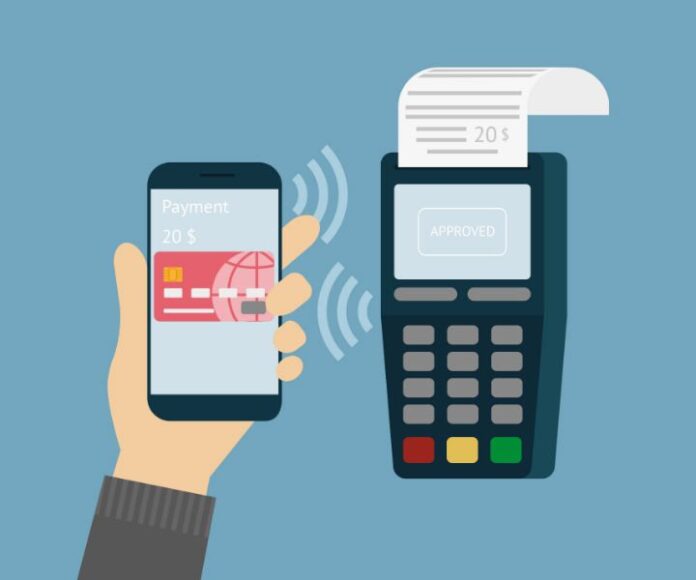WASHINGTON – The Trans-Pacific Partnership is a massive free trade agreement among the U.S. and 11 other Pacific Rim nations, including Australia, Japan and Singapore. If ratified, the TPP could create the largest free trade zone in the world. However, concerns ranging from farm subsidies to pharmaceutical monopolies have been raised over the scope of the agreement. Specific to the telecom industry is a clause that asks member states to compel their Internet service providers to turn over the identity of anyone suspected of infringing on trademarks, copyrights and patents.
The information appeared on Wikileaks and is contained within Article 17 of the treaty, which “mandates that each party to the TPP must establish a judicial or administrative procedure through which rights holders can obtain the identity of a copyright infringer from an ISP in a timely and efficient manner.”
Copyright infringement in the era of e-commerce is a major concern for almost every sector of the economy. Everything from Prada bags to baby formula and iPhones can be counterfeited and sold online. E-commerce giants facilitate the distribution of counterfeit goods on a global scale. Data provided by the International Anti-Counterfeiting Coalition estimates the market value of these counterfeit goods to be $1.77 trillion.
The TPP mandate to compel ISPs to turn over identities of counterfeiters and other infringers to copyright holders is aimed at diminishing the viability of counterfeiters to move goods through e-commerce platforms. Having the real identity of a counterfeiter also can open avenues for money transfer services such as Western Union to refuse to open accounts to transfer the proceeds of counterfeit goods.
The TPP approach is notably harsher than earlier drafts, which incorporated a three strikes piracy policy. It has yet to be confirmed whether the clause will be included in the final treaty, but the leaked documents dated Oct. 5, coincided with the announcement that the final draft of the treaty had been agreed upon by all major parties.

